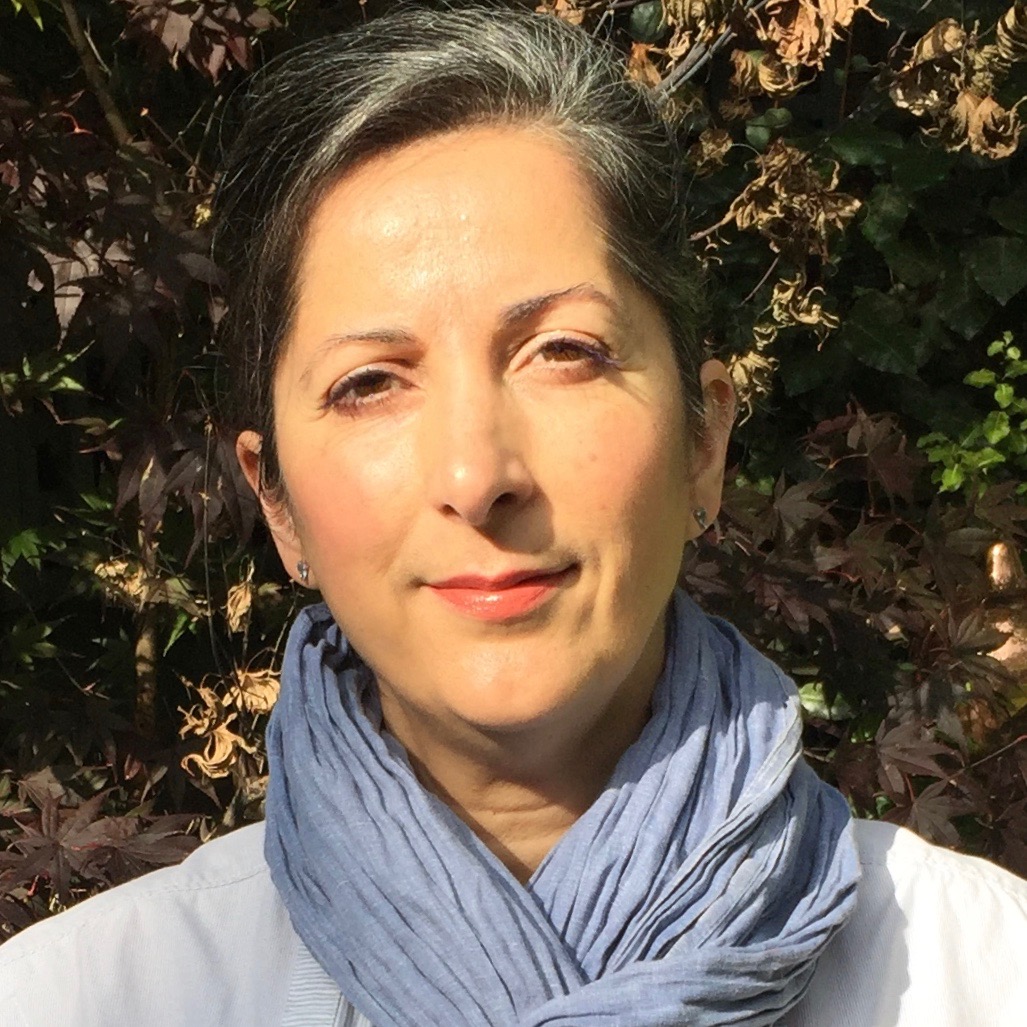When two people become uniquely involved in a relationship, each brings with them generations of aware and unaware culture and norms. The work of therapy is to bring to awareness material that manifests as problematic symptoms such as withdrawal, arguing, infidelity or simply loss of energy and interest.
Emerging from and operating within our family story can be like wearing blinkers; we see the other as 'wrong' and we conflate 'firm truths' with our identity. A perceived threat to any of these enshrined survival criteria can feel to various degrees excruciating, so the need to become defended feels an urgent requirement. A defended self leads to alienation in relation to self and other, suffocating love and trust.
One of the learned behaviours is our management and tolerance of intimacy. There is no right or wrong in this, we have simply acquired our own relationship with intimacy. What many couples don't realise is that we all need to moderate intimacy and that the ideal is to be able to move in and out of intimacy freely, becoming fixed neither in isolation or confluence. Because couples are concerned about rejecting or feeling rejected they develop strategies, and 'play up'. Many relationship problems can be seen as misguided strategies to moderate intimacy, ranging from 'hiding' in work or tech-use to jealousy, infidelity, or arguments which function to rupture or distance.
If our early relationship was with someone who found intimacy and vulnerability terrifying, our own intimacy needs will have been locked away behind thorny brambles of fear and trepidation. One unwitting breach by our partner, who has their own history, and the portcullis slams down, fearing and rejecting the perceived and possibly unwitting perpetrator. This sounds extreme, but most of us operate at a level where this primal drama is not fully available to us, only the repertoire of behaviours we reach for.
What we must hold in mind is that we are relation-seeking creatures, even when we tell ourselves that we are not. Moreover, humanistic therapists believe that what is formed in relation is undone and healed in relation. Our partner, with their own material, is often unequipped to heal our wounds, even though we long for them to do so, and much of our hurt, resentment and anger arises from this unrealistic expectation. The therapist equips us with awareness which enables us to change in better relationship with ourselves, and in becoming free, we experience our relationships change.
If we are able to separate ourselves and our experience of being from our historic material, we can acquire perspective, and a deeper sense of self. As we gain a sense of ourselves separate from our introjected beliefs we are able to see our partner in a new and different light, in their own right with more dimensionality. The relationship is energised and we feel sexually interested as we experience our partner as more fully 'other'.

